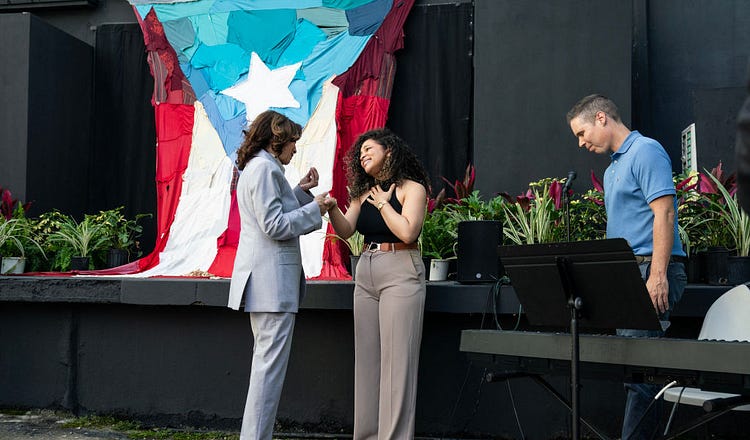
On Tuesday, November 5, Americans will go to the polls and choose their next president. We can only hope there will be no allegations of vote-rigging.
There is, however, one group of U.S. citizens who already knows their vote will be rigged. I’m referring to the 3.2 million residents of Puerto Rico. (My maternal grandparents migrated from Puerto Rico in the 1950s.) Because Puerto Rico is a “commonwealth” of the United States, rather than a state, Puerto Ricans cannot vote in federal elections. But they do get to vote in local elections, which this year includes a nonbinding referendum on the island’s political status—the seventh such referendum in its history.
When they walk into the polling booth on Election Day, Puerto Ricans will be offered three possibilities: (1) statehood, (2) complete independence from the U.S., and (3) sovereignty that includes an ongoing association with the United States. What they will not see is the option of maintaining the status quo.
In previous referendums, the status quo—remaining a commonwealth—has been among the most popular options. So why would the latest referendum suddenly exclude this option? Because the Democratic Party, in concert with Puerto Rico’s pro-statehood party, have designed it that way. There is no other way to describe it: They have rigged the vote to give the statehood option a decisive advantage—and they have done it in plain sight.


